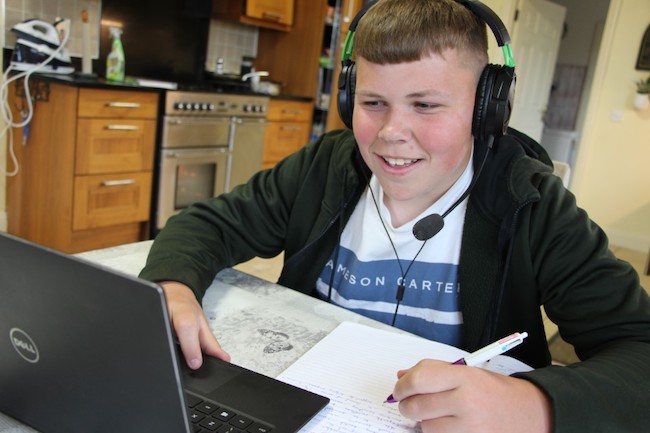Trinity’s Walton Club – which teaches STEM subjects to secondary school students – has moved its summer camps online as a result of the coronavirus, with the first of seven camps starting virtually today.
The camps, normally run on campus over the summer for students with an interest in STEM subjects, will this year be delivered using Nucleus – an online learning resource.
On its website, the Walton Club says its mission is to give students a “deeper understanding and greater appreciation for STEM subjects”, as well as teaching “supplemental and invaluable life skills”.
In a press statement, Dr Arlene Gallagher, the director of the Walton Club, said College is “very excited to deliver these remote and dynamic STEM learning opportunities, which are meaningful and transformative”.
“At Trinity Walton Club, we continuously ask our Walton community to be agile, innovative and creative”, she added. “What sort of an example would we be setting if we too did not embrace this opportunity as a time for innovation?”
Daniel Ellison, a 14-year-old student from Kilcock participating online in the camp, said the Walton Club is “a great opportunity to meet people from other schools and do something interesting this summer”.
The virus looks set to push a lot of third-level teaching online next year, with universities preparing for a mixture of virtual and in-person learning.
Trinity will re-open on September 28th, with first-term exams scheduled for January 2021 – meaning students’ Christmas holidays will be shortened to just two weeks.
This newspaper revealed last month that classes of up to 25 students are likely to be taught in person next year, with groups bigger than that taught online.
Unpublished minutes seen by The University Times revealed Vice-Provost Jurgen Barkhoff told University Council members that it is “expected that the commencement of the academic year will involve a blended learning approach, with online teaching provided to groups of 25 students and greater, and face-to-face teaching with small class groups and tutorials”.
Provost Patrick Prendergast confirmed on RTÉ Radio 1 last week that 25 is likely to be the cut-off point for online, versus in-person, teaching.







